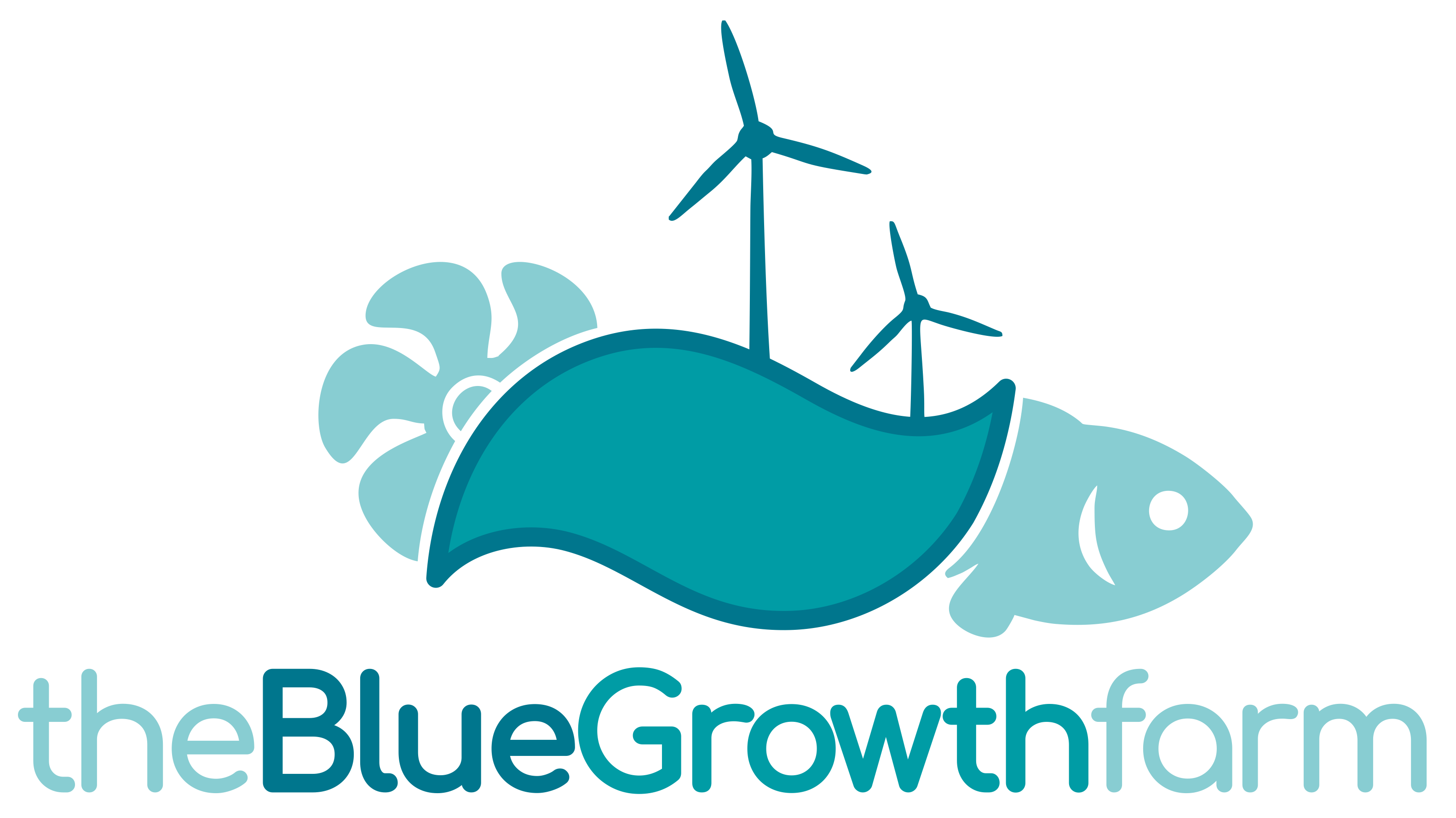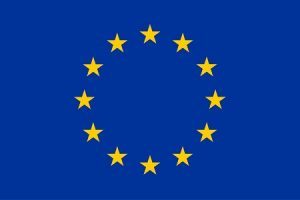The objectives of The Blue Growth Farm project are:
- To design a low-cost, corrosion-resistant, low-maintenance modular concrete based caissons floating multi-purpose offshore platform, capable of accommodating aquaculture, wind and wave energy systems and then to test and validate this design through two different scale prototypes for wave tank (1:40) and for open sea (1:15) experiments.
- To study integration of a commercial offshore wind turbine system (10MW), and a number of wave energy converters (WECs), in order to meet the platform’s own energy needs (energy independence) and export the excess energy to the onshore grid, fulfilling energy quality requirements and employing innovative solutions for offshore connection / disconnection to the grid.
- To design a highly automated aquaculture system, capable to support fish production at industrial level in harsh offshore environments by exploiting the calmer conditions of the sheltered central pool within the platform, as well utilising the large storage and deck areas offered by surrounding concrete caisson-based structure.
- To design Machine Learning (ML) solutions to provide the Local and the Remote Control Room with augmented knowledge and prediction capability to prevent adverse water quality conditions impacts.
- To design and integrate a metocean conditions system and maritime surveillance units to provide high quality meteorological and oceanographic data relevant to the platform’s production monitoring and control, and to produce real-time data to share with relevant maritime surveillance authorities, thereby contributing to the enforcement of the EU Maritime Security Strategy.
- To design a docking system able to accommodate specialized vessels required to support the aquaculture production and maintenance operations as well as a range of other vessels from recreational boats to medium size vessels, equipped with electric or hybrid propulsion systems, so that the facility can be used as a sea-based recharging station.
- To develop a sustainable business model for the platform, with detailed assessment of costs including advanced LCA assessment for miltipueporse platforms functions, and a full analysis of the economics of using the platform to produce a variety of fish species (seabream, seabass and salmon) in different locations with differing sea and wind energy conditions.
- To engage with a wide range of different stakeholders and institutions via workshops aimed at linking all aspects of the project with local interests and stakeholders’ involvement to enable participatory knowledge creation, in a dynamic two-way exchange where future actions for social acceptance can emerge.
- To evaluate the training needs and Health & Safety issues related to the design and operation of the multipurpose platform in order to establish guidelines for the professional skills and competence requirements of potential commercial operators.
- To undertake an overall environmental impact assessment of the full-scale infrastructure, identifying mitigation solutions, and to design a monitoring plan capable of producing further knowledge with respect to SoA solutions.
- To produce Best Practice guidelines by combining different knowledge inputs (science, stakeholders, authorities, risk justified decision makers) to generate novel insights with regard to the management of sea space for multiple uses, thereby contributing to implementation of the EU Integrated Maritime Strategy, as well as to MSF Directive.

